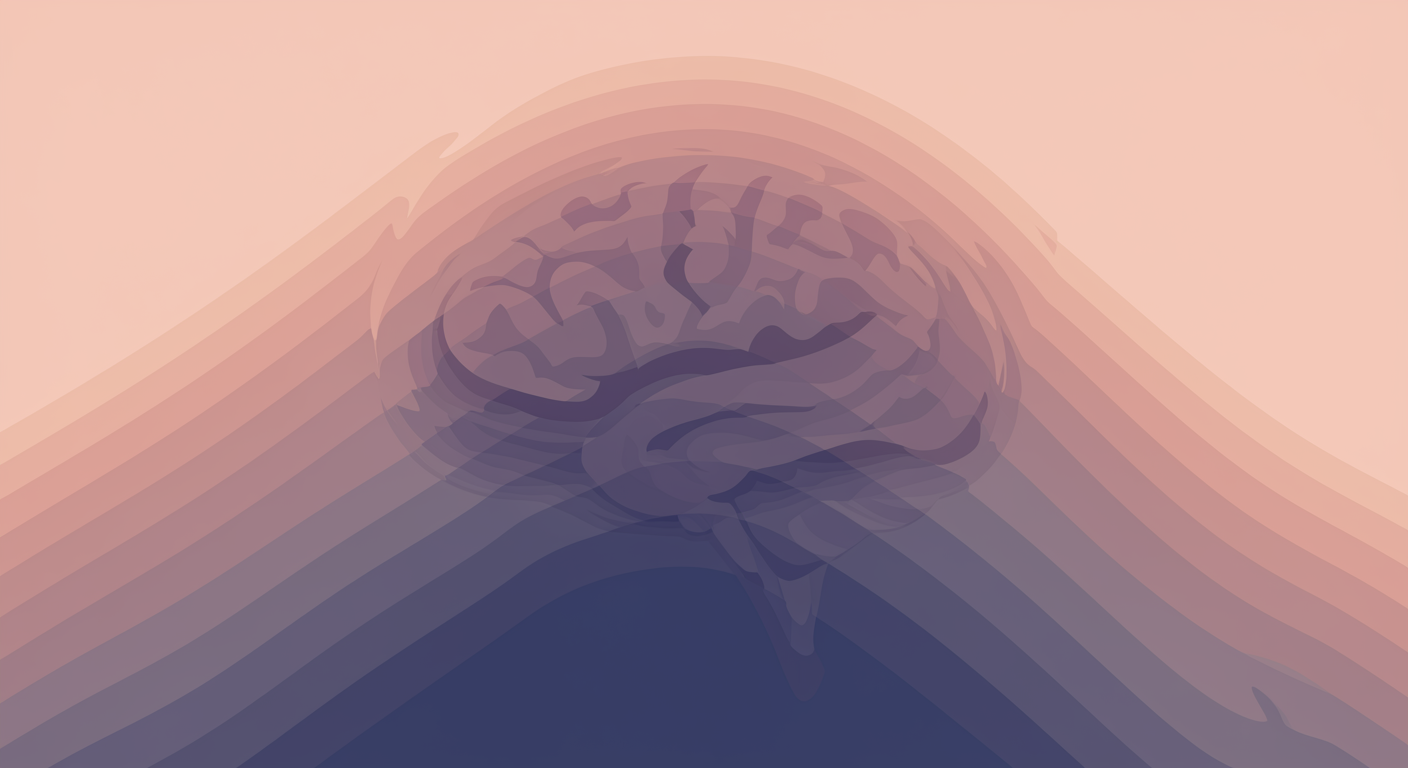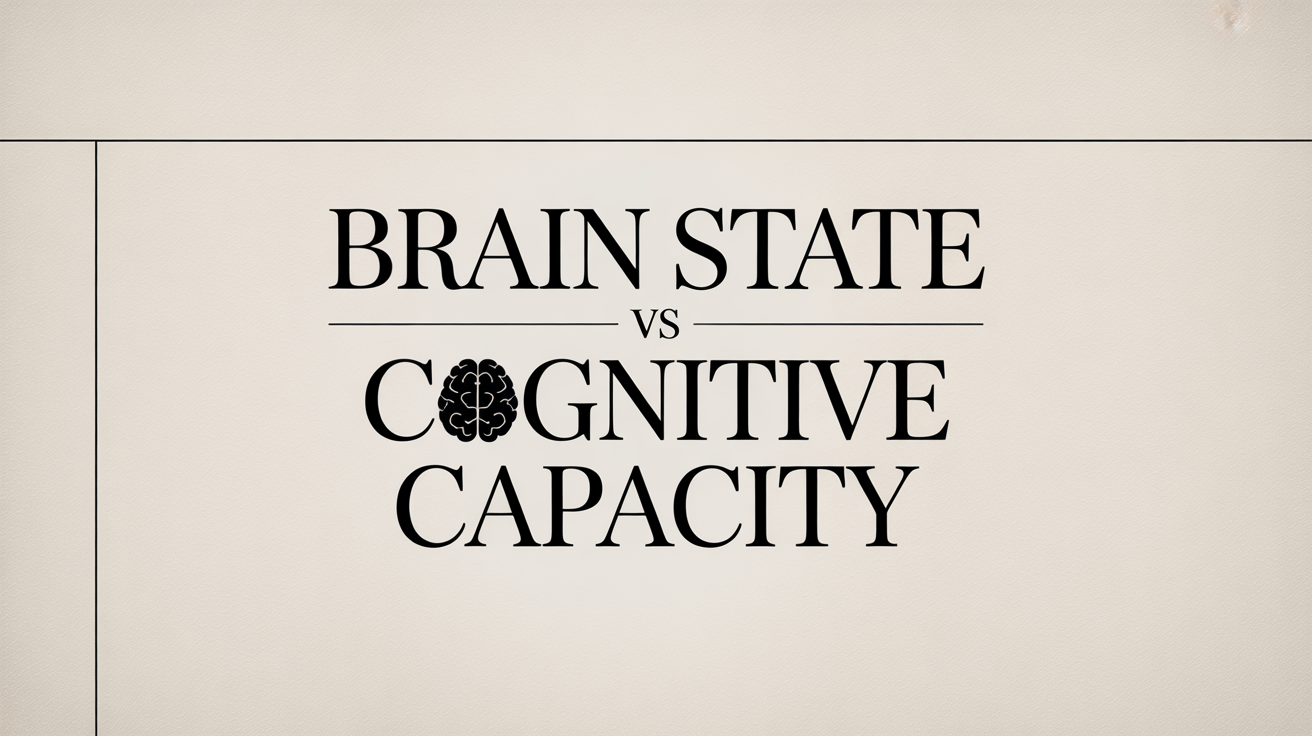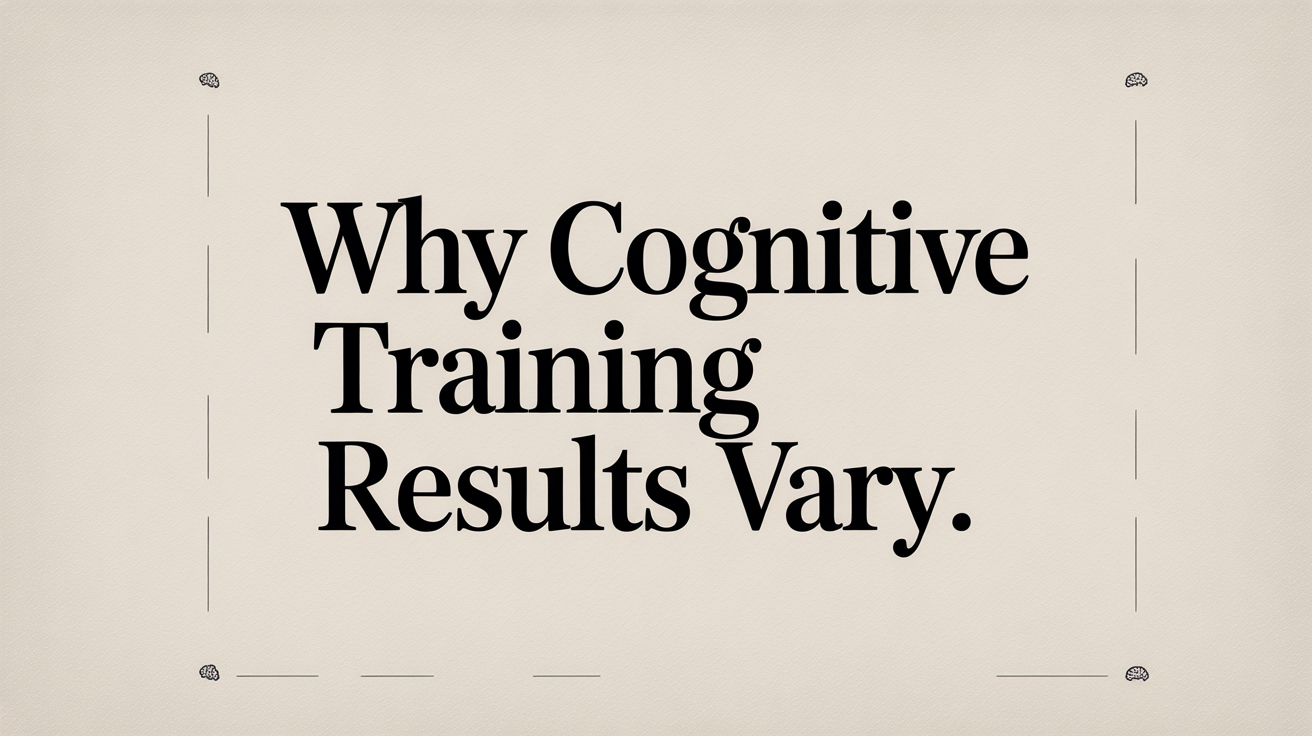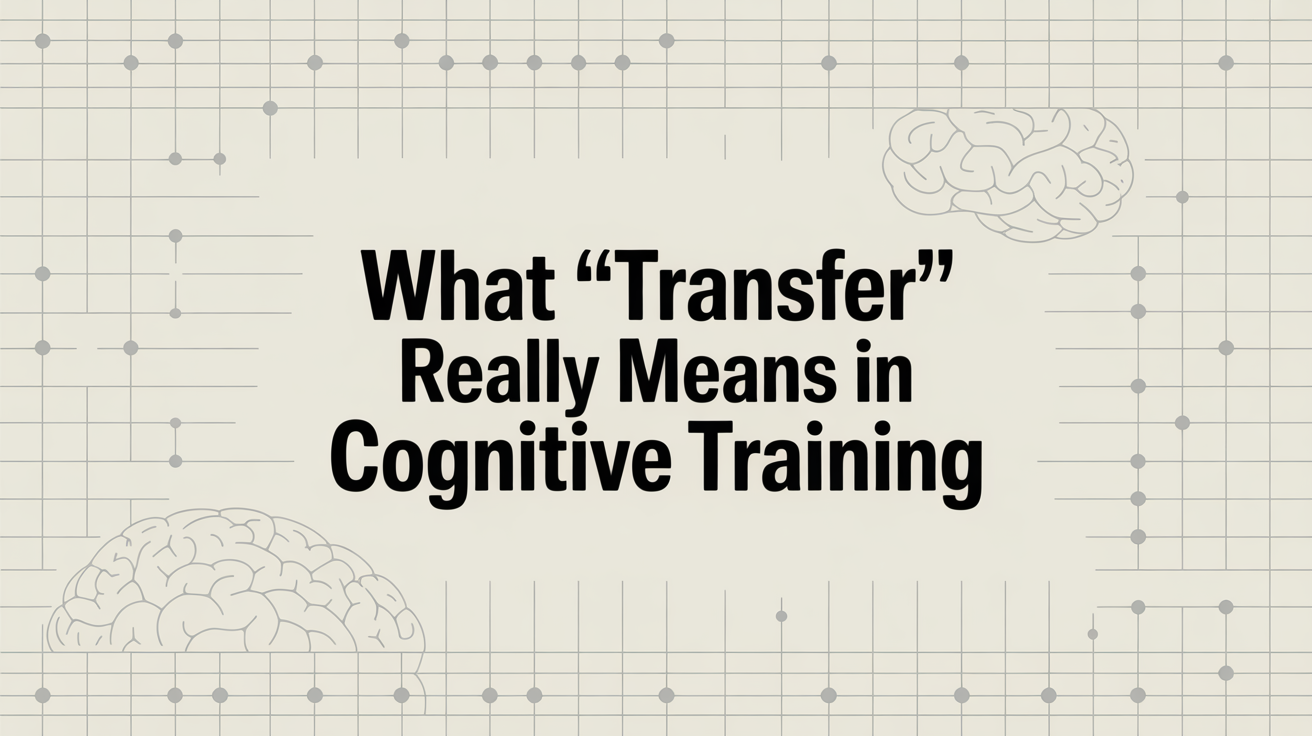Welcome to the Research and Strategy Services at in today's fast-paced.


Healthcare organizations are increasingly embracing technology. In the past few years, the industry has shifted from using the service-based healthcare model that primarily focuses on curing ailments, to a holistic outcome-based model. The latter explores different modalities while focusing on the causes of various ailments, and how to eliminate them.
Thanks to the uptake in technology, the industry collects and generates a high volume of data. Likewise, more healthcare organizations are leveraging big data to improve efficiency. According to Statista, the telehealth industry will be worth $41.2 billion by 2021. Big data will play a significant role in this surge. Here’s how big data is impacting the telehealth industry.
Telehealth experts point out that the Internet of Medical Things (IoMT) devices are the future of health monitoring. These devices primarily depend on big data to perform the functions that they are designed for. They are connected to one another and to cloud health information systems to process data and alert medical teams about trends that require their intervention.
Medical devices that leverage big data have made remote patient monitoring a reality by providing medical teams with real-data on critical patient measurements, including heart rate and blood pressure. This allows healthcare providers to track patients’ health while keeping them out of hospitals. Besides, healthcare professionals can predict life-threatening events with more accuracy since smart devices provide real-time data.
The use of big data in telemedicine gives healthcare providers the information that they need to monitor the health statuses of patients under their care. Medics don’t have to wait for hospital visits to evaluate how the patients are faring. This helps to improve patients’ outcomes.
Indeed, some patients still need to make physical hospital visits. Nonetheless, remote patient monitoring alerts patients as well as practitioners when intervention is needed. If a patient suffers from heart disease, for instance, he/she will be notified to seek in-person medical attention when the heart rate is alarmingly high or low. Consequently, the number of unnecessary hospital visits will be reduced without compromising healthcare outcomes.
In the medical field, the diagnosis process primarily relies on patients relaying their symptoms to a practitioner. On his/her part, the practitioner monitors the clinical signs of diseases. Tests are ordered to confirm the practitioner’s diagnosis so that a treatment plan is prescribed.
Telemedicine doesn’t primarily rely on the subjective symptoms that patients report. Instead, diagnosis is based on data collected from wearable devices. Besides, a doctor doesn’t need to be in the same geographical location as his/her patients to make a diagnosis.
The use of big data in telehealth ensures accurate diagnoses, and also takes medical providers into the sphere of precision medicine. Data collected from individual patients can be tapped into when preparing treatment plans. This data is always accurate, and thus helps practitioners to develop precise and personalized treatment plans for each patient.
The growing uptake of big data and AI algorithms in the medical industry has made it easier to predict infection trends. Big data can be an excellent tool for updating existing disease spread models, as well as designing new disease progression models. A data-driven insight into how diseases spread, can go a long way in eliminating the threat posed by infectious diseases.
The healthcare industry generates vast volumes of data. More medical facilities and other organizations store patients’ EMRs and EHRs on the cloud. The greatest benefit of telehealth is that providers can access patient data remotely, and subsequently make diagnoses and prescriptions. This is also advantageous in cases where patients need to get referred to specialists who operate from a different geographical location.
Secure access to cloud-based medical data and resources ensures that physical location isn’t a variable when it comes to availing the best treatments possible. Besides, it’s beneficial to healthcare providers since it allows better scheduling of practitioners’ time with individual patients, thus enhancing the effectiveness of medical care.
Big Data and Telehealth: Are There Potential Setbacks?
Despite the incredible promise of telehealth, there are several setbacks that need to be overcome. For instance, telehealth solutions entail the transmission of large volumes of personal data. This potentially exposes patients to data breaches. Therefore, healthcare providers should undertake risk management when it comes to big data and telehealth.
The other setback in the adoption of telehealth is the issue of trust. Users still have a lukewarm perception towards the usefulness and validity and telehealth processes. Nonetheless, as the healthcare industry transitions into the unfamiliar in-home territory, more patients will embrace it.
Technology is playing a crucial role in enhancing the healthcare experience. Big data, in particular, can improve the telemedicine experience for both providers and patients since it promotes a value-based healthcare delivery model.

Bio: Jordan MacAvoy is the CEO and founder of TalPoint, the #1 marketplace that connects independent security, risk, privacy and compliance experts with businesses in need. Prior to founding TalPoint, Jordan served as the Vice President of Marketing and Business Development at Reciprocity, a leading Information Security focused GRC SaaS solution. Before Reciprocity, Jordan served in executive roles at Fundbox, a Forbes Next Billion Dollar Company, and Intuit, via their acquisition of the SaaS marketing and communications solution, Demandforce. He brings to the team two decades experience helping businesses solve challenging problems through the adoption of novel and innovative solutions. Jordan is a graduate of Boston University.
If you are interested in reading more about this topic, then check out this telehealth guide.
How to Provide Telehealth Services with NeuroTracker








Welcome to the Research and Strategy Services at in today's fast-paced.

Learn about Marc Van Loken's growing mission for brain health advocacy with Marvalous Health.

Understand the unique challenges of gifted ADHD kids and strategies to help them find balance.

Learn about two pioneering centers led by Dr. Kakavas that integrate neuroscience, biomechanics, and elite rehabilitation methods.
.png)